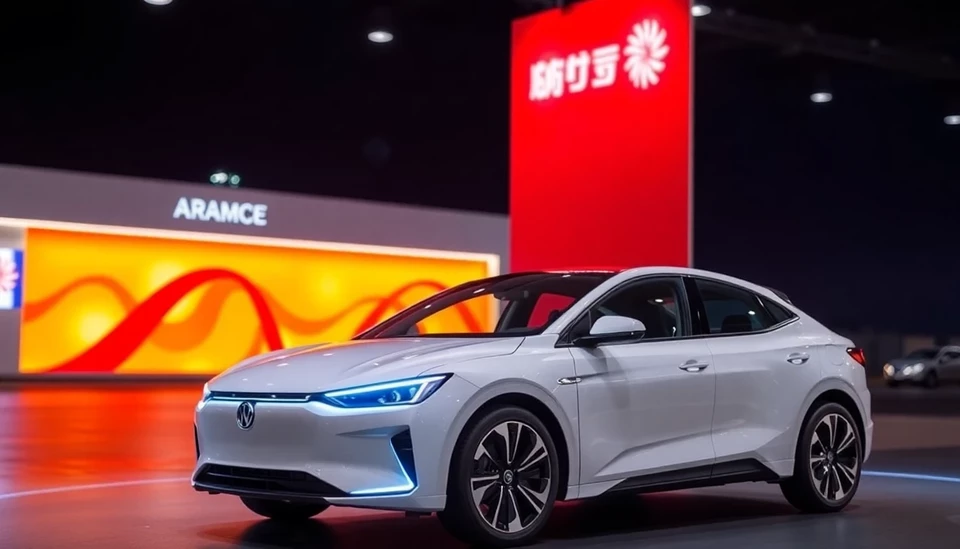
In a recent development, Chinese electric vehicle manufacturer BYD continues to uphold its production schedule in Brazil amid increasing scrutiny and allegations of labor abuses at its manufacturing facilities. The company, which has gained significant traction in the electric vehicle market globally, is facing criticisms that have raised concerns regarding the working conditions in its Brazilian operations.
Reports have surfaced claiming that some employees at BYD’s assembly plants in Brazil have been subjected to unfavorable working conditions, which have ignited public outcry and calls for investigations. Labor rights organizations have pointed fingers, accusing the company of neglecting worker welfare in favor of maintaining output levels to meet the surging demand for electric vehicles. Despite these troubling allegations, BYD has reiterated its commitment to expanding its presence in the Brazilian market and promised to address any inconsistencies related to labor practices.
BYD’s decision to stick to its production schedule comes at a time when the electric vehicle industry is under immense pressure to enhance ethical labor practices. The Brazilian government, alongside various civil rights groups, has expressed its concern over the situation, suggesting that a thorough investigation into the working conditions at BYD's facilities is warranted. Nonetheless, BYD asserts that it complies with local labor laws and strives to provide a conducive working environment for its employees.
In a statement released by the company, BYD emphasized its dedication to creating jobs and contributing to the local economy, highlighting that it remains focused on meeting its production targets to satisfy the growing demand for electric vehicles in the region. The company's commitment to Brazil is also reflected in its plans to increase investments and expand its manufacturing footprint in the nation over the next few years.
As BYD navigates these serious allegations, the company has promised to engage with local authorities and labor unions to ensure that any concerns are addressed promptly. This approach is aimed at restoring trust among its workforce and the broader community while reinforcing its brand image as a leader in the electric vehicle sector.
The unfolding situation poses significant questions about the scrutiny that multinational corporations face regarding labor practices as they expand into emerging markets. Companies like BYD are now not only held accountable for their environmental practices in the context of electric vehicle production but also for their treatment of workers, emphasizing the need for ethical and responsible corporate behavior.
Looking forward, industry analysts will be watching closely how BYD maneuvers its way through these challenges and whether it can maintain its growth trajectory in Brazil without further tarnishing its reputation. The resolution of these labor issues will be crucial for BYD as it seeks to solidify its standing in one of the largest automotive markets in South America.
As the situation develops, the balance between corporate growth ambitions and ethical labor practices will remain at the forefront of discussions within the industry.
#BYD #LaborAbuses #Brazil #ElectricVehicles #CorporateEthics
Author: John Harris




